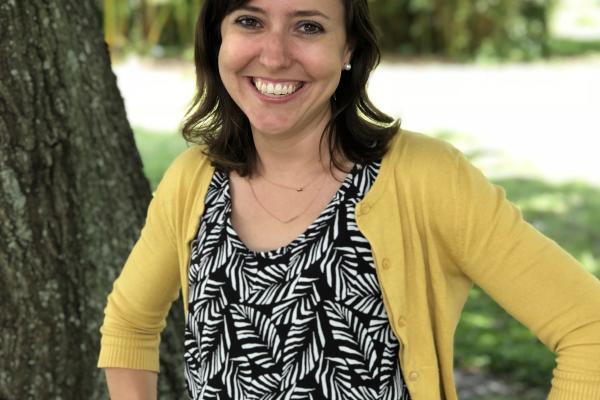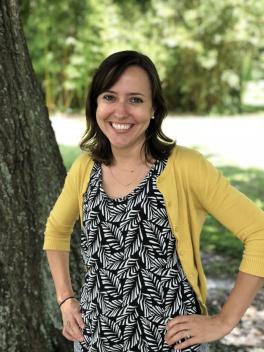
Dr. Jackie Chini
University of Central Florida
Supporting Variation in Students’ Needs, Abilities and Interests in Postsecondary Physics and Beyond
Location: 1080 Physics Research Building, Smith Seminar Room
Faculty Host: Andrew Heckler

Abstract: Students naturally vary in their needs, abilities and interests. For some students, these variations result in medical diagnoses that can unlock legally mandated accommodations, but also carry disability stigma. Ableism ingrained in our social and academic structures can mean we do not expect disabled students to be in our physics classrooms and disabled physicists to be in our workplaces. Additionally, not all individuals have equal access to diagnoses due to factors such as cost and racial bias. I will present vignettes from our research program demonstrating that postsecondary education has not historically planned for disabled students, along with tools that we have developed to better anticipate and plan for variation in students’ needs, abilities, and interests. Then, I will highlight how variations of these tools can be used to support inclusion in physics and STEM education research environments.
Bio: Dr. Jackie Chini (she/her) is an associate professor in physics at the University of Central Florida. She completed her B.A. in physics at Drew University in Madison, New Jersey, and her Ph.D. at Kansas State University in Manhattan, Kansas. Jackie's research, which is funded by the National Science Foundation and an Innovation Fund grant from the American Physical Society (APS), explores how practices and attitudes in the physics community work to broaden or narrow participation. Jackie is Chair Elect of the APS Topical Group on Physics Education Research and an editorial board member for Physical Review Physics Education Research.
